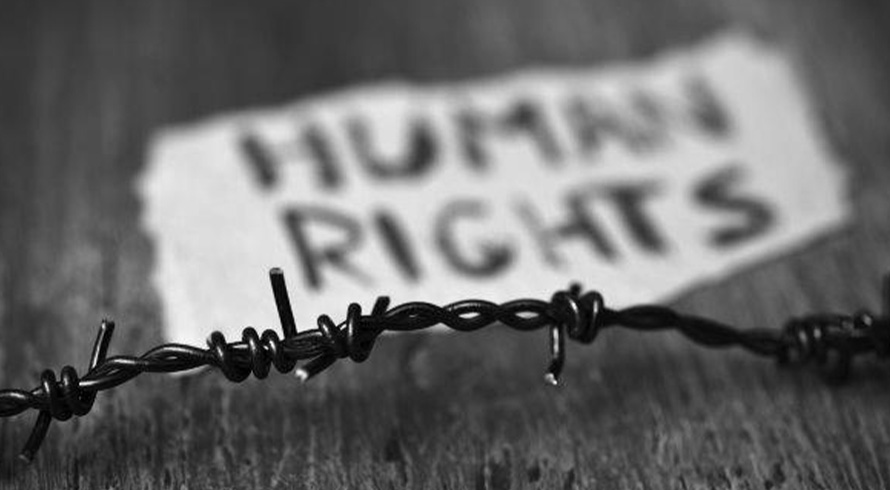Big win for banks against sureties in context of business rescue
On 1 December 2014 the Supreme Court of Appeal (SCA) delivered what should be the final word (unless a constitutional court challenge is launched) on how courts will treat sureties who had stood and provided security for the debts of a company (principal debtor) that subsequently went into business rescue and had a business rescue plan adopted. Grant Ford, Director and Regional Practice Head of the Dispute Resolution practice at Cliffe Dekker Hofmeyr notes that up until this point, the question had been whether suretyships remain unaffected and enforceable in such circumstances. The 1 December judgment, New Port Finance Company (Pty) Ltd and others v Mostert and others, is now set to have far-reaching consequences in the banking and finance arena and should provide a great deal of comfort to lenders.
"In New Port, a company and a natural person (a director of one of the borrowers) signed as sureties for the debts of two borrower companies. Those borrower companies became financially distressed, were placed in liquidation but then taken out of liquidation and placed in business rescue by the court under section 130(1) of the Companies Act. Judgments were also obtained against the sureties. Business rescue plans were ultimately adopted in respect of the borrower companies which plans provided for the restructuring of the borrower companies' debts.
"An argument was raised on behalf of the sureties that because the business rescue plan allegedly had the effect of altering or compromising the underlying principal debt, the lenders could not pursue the sureties or enforce their claims against them until the business rescue process had run its course," he explains.
Ford notes that in this regard, reliance was placed on the recent Western Cape High Court case of Tuning Fork (Pty) Ltd t/a Balanced Audio v Greeff and another, where it was held that the adoption of a business rescue plan has, as a point of departure and absent a very specific clause in the deed of suretyship or business rescue plan preserving the lender's right to pursue the surety for the full original amount of the debt, the potential consequence that the claim against the surety may be similarly compromised or reduced.
Yaniv Kleitman, Senior Associate in the Corporate and Commercial practice explains further, "The SCA in New Port, however, adopted a strikingly more creditor-friendly interpretation of the business rescue provisions. In the first place, the deeds of suretyship in this case contained the very standard clauses one finds which deal with the eventuality of the principal debtor compromising or otherwise re-arranging its debts generally with its creditors.
"The SCA held that these clauses undoubtedly bring business rescue within their ambit and cater for such eventuality, such that the adoption of a business rescue plan would not prejudice the lender's (full) claims against the sureties on a joint and several basis. This in itself is a big decision in favour of creditors, and the SCA's stance on this aspect should give comfort to the many creditors in South Africa who have that standard wording, or similar wording along those lines, as terms in their deeds of suretyship," Kleitman notes.
"However," says Kleitman, "the SCA went even further and suggested (but without deciding) that even in the absence of such wording, the creditor's rights against sureties are not affected by the adoption of a business rescue plan. The SCA also pointed out that the judgments remain unenforceable until set aside or rescinded and this on its own established the liability of the sureties. The finding in New Port confirms that creditors' claims against sureties are not affected by a business rescue plan entered into with a principal debtor unless specific wording to that effect is contained in the plan itself.
"The New Port judgment represents one of the most important and far-reaching decisions to date under the new business rescue regime, a regime which is being tested and interpreted on a regular basis by the High Court. It is still recommended that deeds of suretyship contain express clauses fully preserving the creditor's rights in instances where the borrower company generally compromises its debts (such as business rescue), as the New Port judgement at the very least solidifies that such a clause will preserve the creditor's rights to pursue the surety for the full debt," Kleitman adds.
The information and material published on this website is provided for general purposes only and does not constitute legal advice. We make every effort to ensure that the content is updated regularly and to offer the most current and accurate information. Please consult one of our lawyers on any specific legal problem or matter. We accept no responsibility for any loss or damage, whether direct or consequential, which may arise from reliance on the information contained in these pages. Please refer to our full terms and conditions. Copyright © 2025 Cliffe Dekker Hofmeyr. All rights reserved. For permission to reproduce an article or publication, please contact us cliffedekkerhofmeyr@cdhlegal.com.
Subscribe
We support our clients’ strategic and operational needs by offering innovative, integrated and high quality thought leadership. To stay up to date on the latest legal developments that may potentially impact your business, subscribe to our alerts, seminar and webinar invitations.
Subscribe




